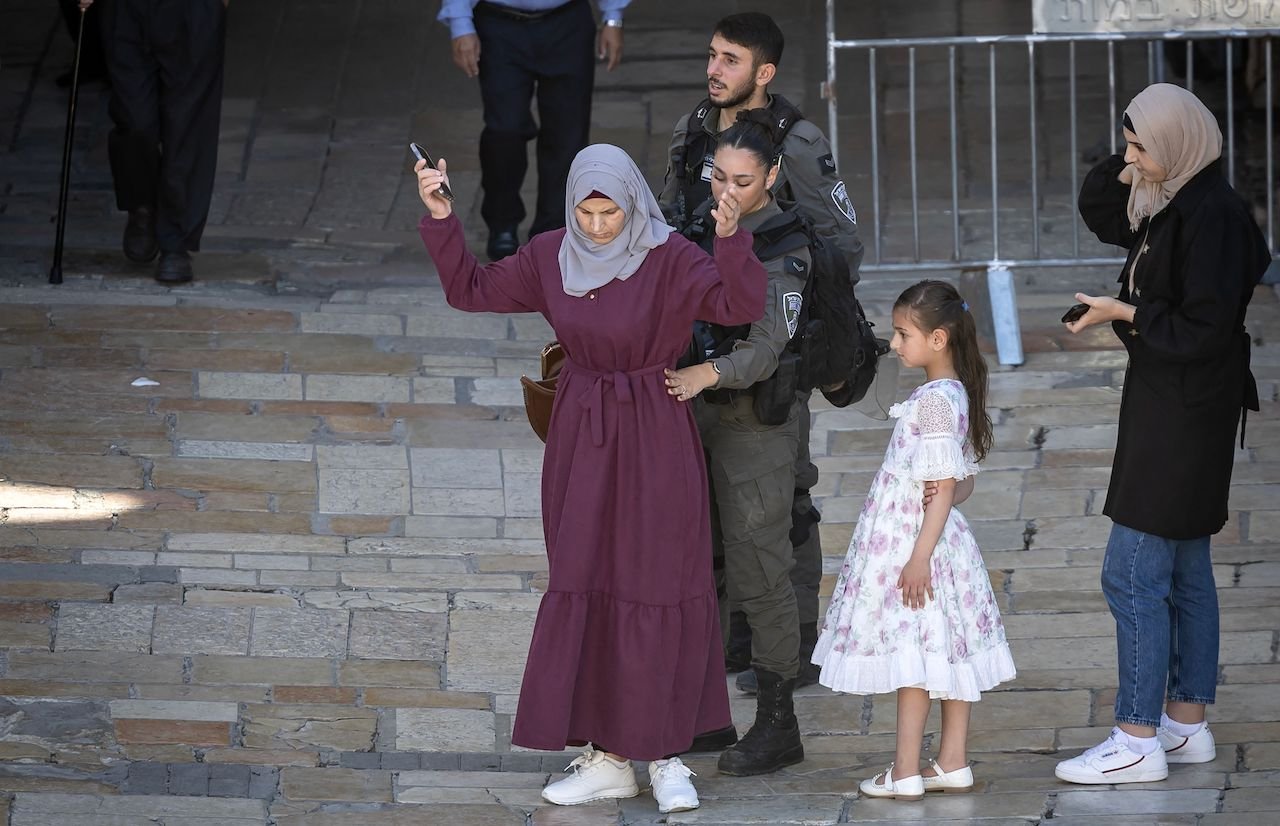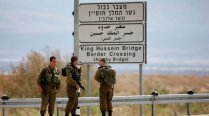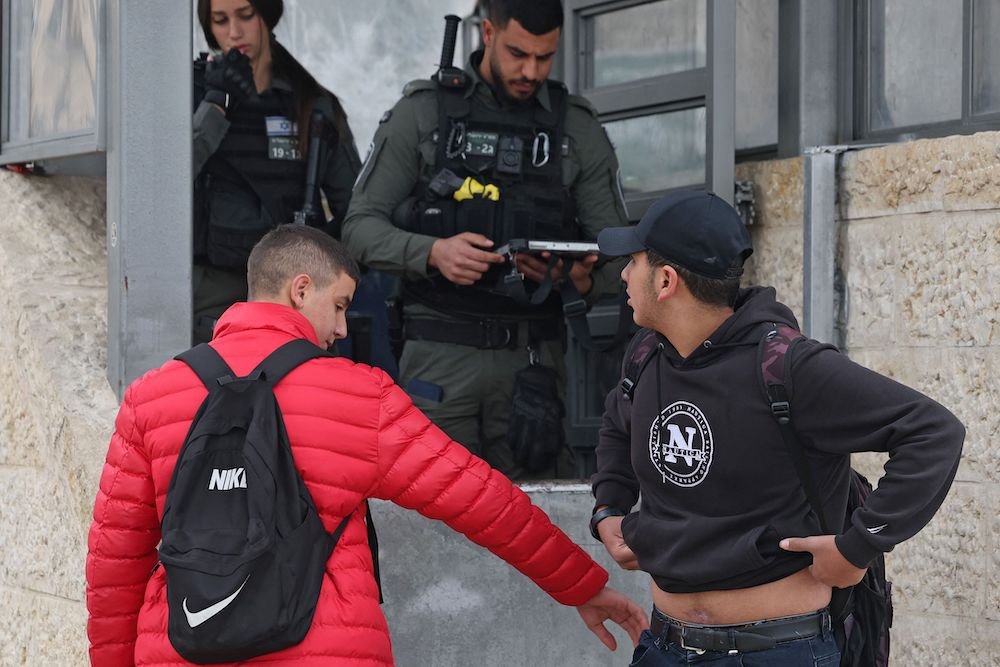In the wake of Hamas’s attack on October 7, 2023, and Israel’s declaration of war on Gaza, Israel passed a series of emergency regulations that have been used to detain and punish Palestinians for expressions of solidarity with Gaza. Palestinians in Jerusalem are at greater risk for monitoring and arrest than Palestinians elsewhere, because they come into constant contact with Israeli police and society, and they do not have the protections of Israeli citizenship.
On November 8, Israel extended the restrictions to Israeli citizens by passing an amendment to the 2016 Counter-Terrorism Law that criminalizes the “systematic and continuous consumption of specific publications of a terrorist organization,” with the named organizations being Hamas and ISIL (Islamic State). The law grants specific government officials the right to declare additional terrorist organizations in the future. Thus, the law criminalizes thoughts even short of any actions,1 a broad description that is being used to silence Palestinian critics of the war.2
As soon as the law was passed, authorities wasted no time putting it into action. A video of Israeli citizen Yasmin Qaddourah and her husband being arrested in Nahf, Israel, for posting vaguely on her WhatsApp account on October 25, “May God grant them victory and protect them,” sprang up and spread like wildfire on social media, a warning of how the law will be used.3
According to a news release by Adalah4—The Legal Center for Arab Minority Rights in Israel, which wrote an urgent letter to the Knesset about the law:



